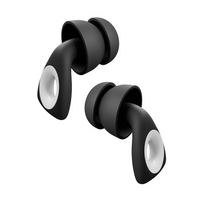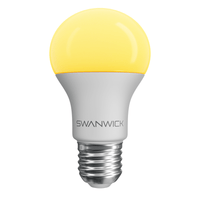BLACK FRIDAY $35 Off Swannies Code BFCM35 ends:
00
days
:
00
HRS
:
00
MIN
 Reusable Earplugs Kit
$24.99 USD
Reusable Earplugs Kit
$24.99 USD
 Peak Performance Sleep Mask
$34.99 USD
Peak Performance Sleep Mask
$34.99 USD
 Eyewear Care Kit
$14.99 USD
Eyewear Care Kit
$14.99 USD
 Anti-Blue Light LED Bulb - Amber
$29.99 USD
Anti-Blue Light LED Bulb - Amber
$29.99 USD
 Anti-Blue Light LED Bulb - Red
$29.99 USD
Anti-Blue Light LED Bulb - Red
$29.99 USD








Leave a comment
Comments will be approved before showing up.